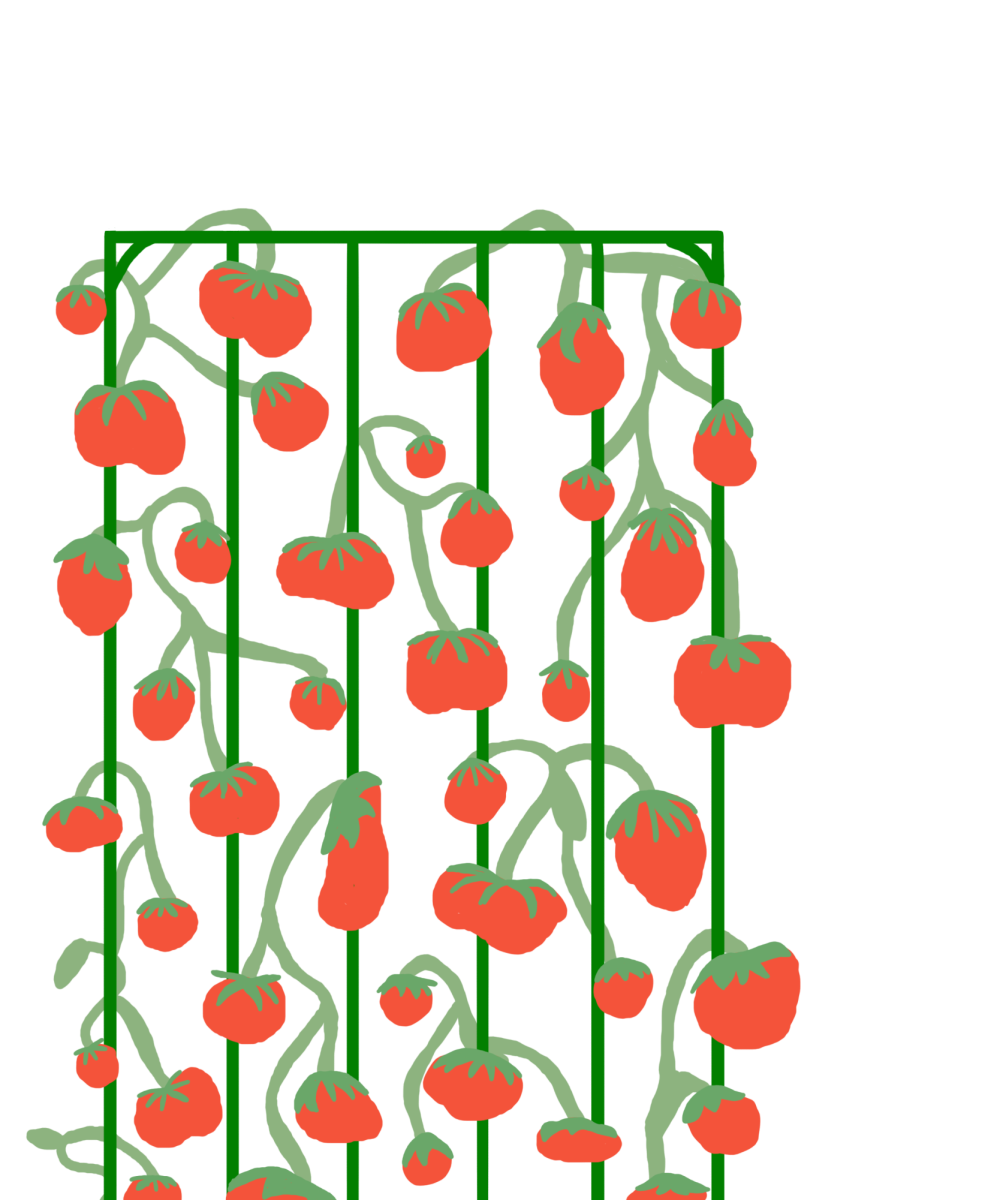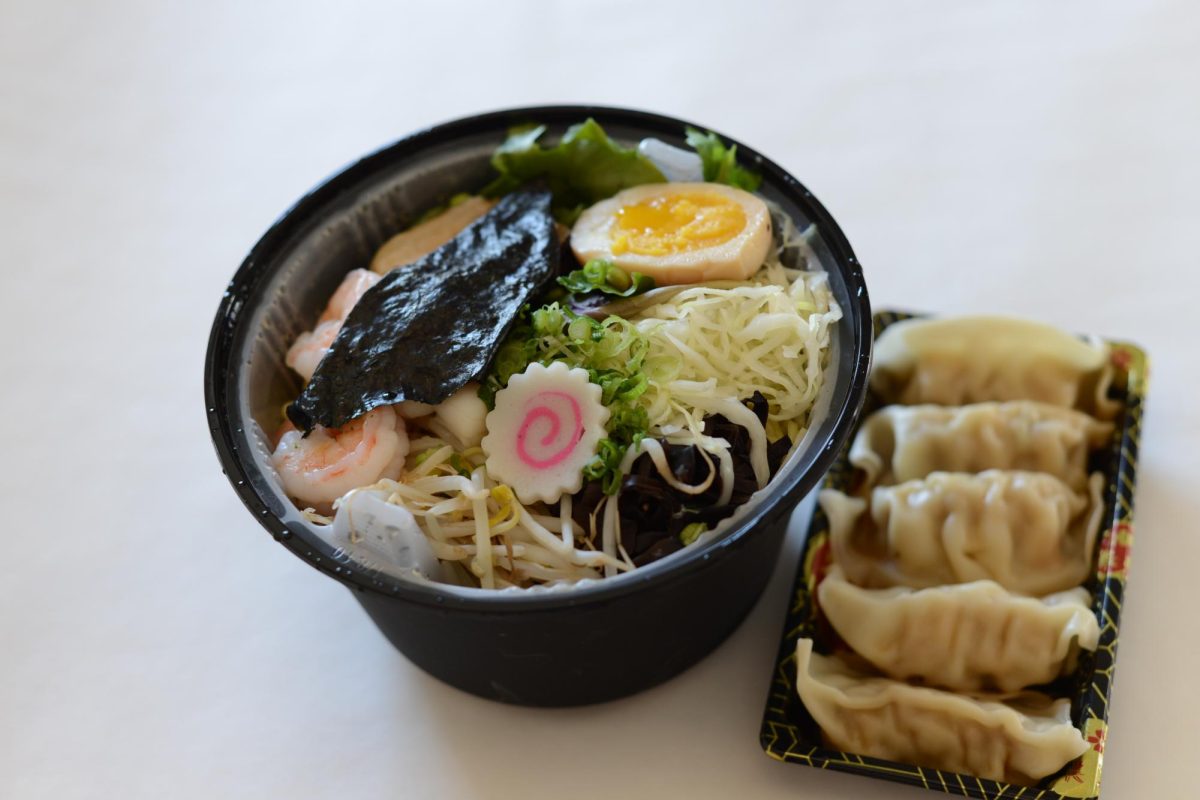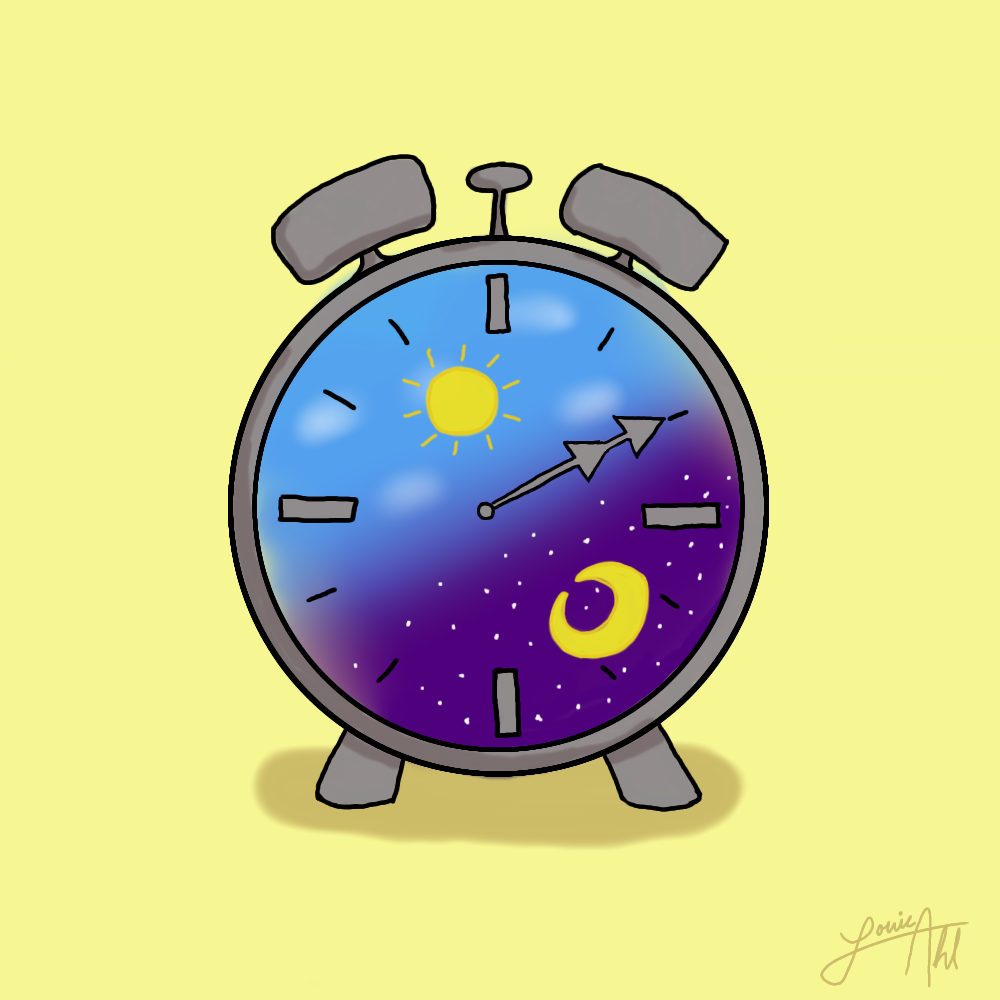In early September, Newsweek published “The Best Places to be a Woman” – an article analyzing the nations that scored the highest in rights provided to women – from health care to education and political power. Point totals were calculated based on the prevalence of these categories in each culture. Topping the list was Iceland, which scored 100 out of 100 points in justice for women – or laws protecting them from domestic violence, forced marriages and rape. Sweden followed closely behind, earning 93 out of 100 possible points for the role of women in politics and their accessibility to positions of power in the government. Canada, Denmark, and Finland earned the third, fourth and fifth places respectively, while the United States found a place in the top 10, sitting at number eight. In the same magazine, however, could be found “The Worst Places to be a Woman” – which provided a shocking and frankly terrifying glimpse at just how far behind some nations are when it comes to the quality of life for women – in almost every aspect.
At the bottom of the list is the African nation of Chad; it scored 0 out of 100 points in both Health and Education – this means Chad scored a total of 0 points for women in its rates of HIV, maternal death, infant mortality, access to safe abortions or health workers with proper skills, and literacy is lower than seems imaginable. Barely above Chad is Afghanistan, where only eight points were scored for justice. Eight points. These women are voiceless, unprotected, and oppressed. Marital rape and domestic violence are encouraged by tradition and ideals – and the fear of this suppresses them further.
As a woman living in the United States, with reasonably substantial access to rights and privileges, I cannot attest or truly understand what these women are forced to endure. I want them to fight back, I want for them to overcome – but as the evidence of this study suggests, they simply don’t have the opportunities. So, how long until the world takes notice? How much longer must these women suffer for being born? Honestly, I don’t care if this way of life is tradition in Chad and Afghanistan and Yemen – I don’t care if that is their culture or what they’ve been taught – I do not believe there will ever be a time in which publically throwing stones at the face of a helpless woman until she dies will ever, ever, be justified.
The idea of being forced into silence, into pain, into a marriage – to me, is agonizing. My voice is my shield and my strength, and my ability to choose and decide for myself is something I’m now realizing I too often take for granted. To live a life without those rights wouldn’t really be much of a life at all. So, how do I help? How do I fight for these rights for women worldwide? And why do I feel like half the time, I’m alone in my desire to actually do something about it? You don’t have to be a woman or a feminist to see the wrong in the lack of justice, education or simple progress in these underprivileged nations. All I ask is that you open your eyes a little wider – look beyond what you know – listen, get informed, and be empathetic. If I was voiceless or powerless, I would want someone to fight for me – I would want someone to recognize my struggle. I don’t see anything wrong in wanting human rights to be universal.








